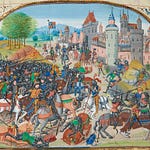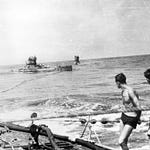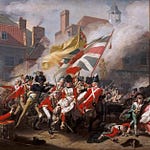Originally published on May 20, 2020 (Episode 159)
Introduction
Imagine, if you would, a world without either money or banks. How could anyone conduct business? How could anyone procure goods and services? How could you have a diversified economy? How could a person plan for the future?
This was the world of early America, prior to the Revolution. One of the many changes brought about by that event was the creation of both money and banks. But neither of them worked in the ways that we now expect.
It is often, from our everyday perspective, a crazy freewheeling era with none of the financial rules or customs we have come to take for granted. But while it is strange, it can at times also be oddly resonant. With us to explore this world is Sharon Ann Murphy, author most recently of Other People’s Money: How Banking Worked in the Early American Republic.
About the Guest
Sharon Ann Murphy is Professor of History at Providence College. She specializes in the history of American finance, banking, and business in the 18th and 19th centuries. She is also the author of Investing in Life: Insurance in Antebellum America, and numerous articles on the history of American financial institutions.
For Further Investigation
Sharon Ann Murphy, Other People’s Money: How Banking Worked in the Early American Republic (Johns Hopkins University Press, 2020)
Sharon Ann Murphy, Investing in Life: Insurance in Antebellum America (Johns Hopkins University Press, 2010)
Listen & Discuss
What stands out to you in this episode? Share your thoughts in the comments below — and consider forwarding this post to a friend who would enjoy the conversation.











